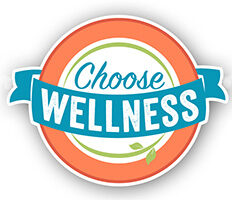Small amounts of sugar are not harmful to the body and can help enhance the flavor of foods, but our bodies do not need sugars to function. Too much sugar can be harmful and increase your risk of obesity and heart disease. Sugars increase the number of calories in foods and give zero nutrients in return.
When discussing sugars, it is important to note that there are two kinds of sugars that are in foods: naturally occurring and added sugars. Naturally occurring sugars are found in foods naturally, such as the sugars in fruits and milk. Added sugars are sugars or sweeteners, which are added to products either during preparation or processing.
The American Heart Association suggests that women should have no more than 100 calories or 6 teaspoons of added sugar per day and men should limit their intake to no more than 150 calories or 9 teaspoons of added sugar per day. Reducing added sugar intake can help regulate weight and reduce the risk of obesity and heart disease.
Spotting added sugars in your food products can be tricky, here are a few common names for different types of added sugars:
- Brown sugar
- Corn sweetener
- Corn syrup
- High fructose corn syrup
- Honey
- Sugar
- Molasses
- Syrup
- Any ingredient ending in –ose (such as sucrose, fructose, lactose)
Here are some tips to start cutting down on the amount of sugar you eat a day:
- Cut back on the sweetened beverages
- Such as soda, sweet tea and energy drinks
- Look at the food label and choose products with less added sugar
- Add fruits to your meals instead of sugar
- Add fresh or dried fruit to your oatmeal instead of sugar
- Try extracts such as almond or vanilla instead of adding sugar to recipes
- Reduce the servings that you consume
- Add less sugar to your coffee, less syrup to your pancakes and add less sugar to your dessert recipes

